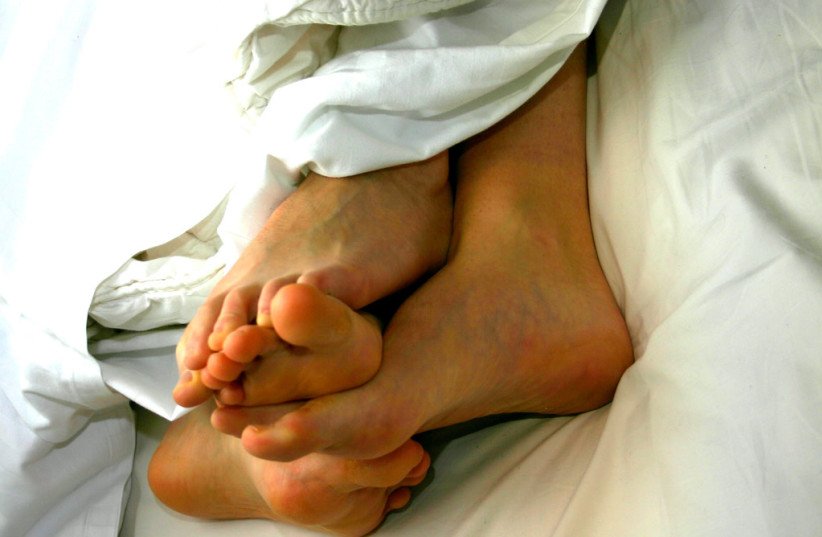Why do people keep dying after having sex?
Many people die after having sex. This is why.
In most cases, people who have had a cardiac event are afraid to go back to having sex for fear that sexual activity will put pressure on their heart and endanger them. New research shows that their fear may be justified, but they’re not the only ones at risk.
Sex has excellent physical and psychological effects, including reducing high blood pressure, improving the immune system and helping you sleep better and of course, reducing stress. Much of this occurs following the release of the hormone oxytocin, called the love hormone.
But sex can also have a less pleasant side. People sometimes die during or shortly after sex. The incidence is, thankfully, extremely low and accounts for 0.6% of all sudden deaths.
There are many reasons why this happens. In most cases, such death is caused by physical overload caused by sexual activity, or the use of certain prescription drugs, and, yes, also by the use of illegal drugs like cocaine.
The risk of sudden cardiac death is higher as people get older, but recently, researchers from St. George's University of London have found that this phenomenon is not limited to middle-aged men. The study, published in JAMA Cardiology, examined sudden cardiac death in 6,847 cases referred to the St. George's Center for Cardiac Pathology between January 1994 and August 2020.

A couple in bed together, sex (Illustrative) (credit: Wikimedia Commons)
Of these, 17 (0.2%) occurred during or within one hour of sexual activity. The average age of death was 38, and 35% of cases occurred in women, a higher figure than in previous studies.
These deaths were not usually caused by heart attacks, as seen in older men.
In half of the cases (53%), the heart was found to be structurally normal and a sudden arrhythmia was the cause of death.
Dissection of the aorta was the second largest cause (12%). This is a life-threatening condition in which there is a rupture in the innermost layer of the aortic wall. The remaining cases were due to anatomical abnormalities such as cardiomyopathy, a disease of the heart muscle that makes it difficult for the heart to pump blood to the rest of the body, or a rare group of genetic conditions.
Younger adults diagnosed with these conditions should seek advice from their cardiologist regarding the risk involved in sexual activity. However, the low incidence of death in these studies indicates a very low risk, even in people with pre-existing heart disease.



No comments:
Post a Comment